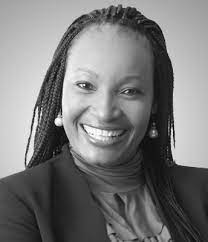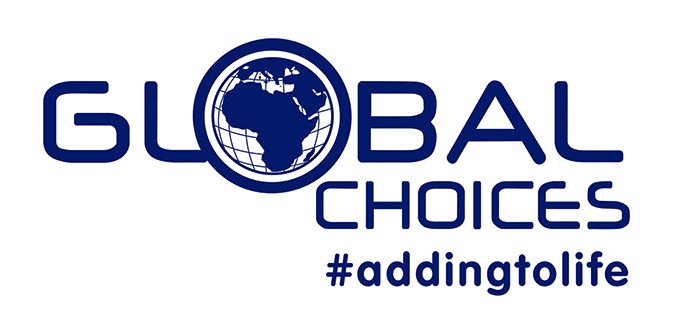
Thokozile Mahlangu, Chief Executive Officer at the Insurance Institute of South Africa
While South Africa can boast about being one of a few countries in the world that has progressive legislation in place to promote the rights of women in society and in the workplace, gender inequalities still characterise most sectors.
To put this into very broad context, Statistica recorded that in 2019, South Africa’s female population amounted to approximately 29.7 million, while the male population totalled about 28.86 million.
Yet while women make up some 51% of the country’s total population, Statistics South Africa reveals that they only accounted for 43.8% of total employment in the second quarter of 2018, and only 32% of managers in South Africa were women. It was also found that ‘female gender’ representation still falls below the 50% mark for positions that come with a great deal of influence.
Nevertheless, some strides have been made in this area in recent years, and locally, as well as globally, women’s socioeconomic status, decision-making ability and power to influence household spending is increasing. Women are emerging as a unique and powerful demographic in terms of being money earners, consumers and increasingly the main or sole breadwinners in their families.
Considering this, it is thus increasingly important that the insurance industry recognises and acknowledges the specific needs of this growing customer base and takes a hard look at how we market ourselves to and serve female clients.
While the value of the women’s insurance market in South Africa is not known, there are benefits in having insurance tailor made for women. One of the benefits of this approach – for both companies and female customers – is that it can offer lower premiums to women because statistical evidence shows that they have a lower risk profile.
This makes a lot of business sense for an industry that is underpinned by risk awareness, yet the concept of tailoring insurance products to specifically cater for the requirements of women is yet to gain proper traction in South Africa.
An International Finance Corporation report shows that the global insurance industry will receive up to $1.7 trillion in premiums from women by 2030, driven by improvements in women’s socio-economic conditions and more investment in their own safety, protection and security – as well as those of their dependants.
The study demonstrates that women’s risk-awareness translates into a willingness to prioritise expenditure for peace of mind, saying that women are willing to spend 10% to 20% of their income to protect against future risks, whereas men would only allocate 7% to 10% for similar objectives.
A recent Forbes Advisor article alludes to research that women investors consistently fare better than men, which could leave them with hundreds of thousands of dollars more at retirement. It is thus evident that opportunity for growth exists among a demographic that is generally risk-aware and driven by a desire for security and financial stability.
It has also been said that the more women invest their money, the more power they will have – which is an effective weapon against gender inequality.
“South African Universities generally produce more female graduates than male, with Universities South Africa CEO Professor Ahmed Bawa saying in 2018 58% of the students at
South African universities were women and 42% men.”
And to reflect further on this issue, gender inequality is perhaps most acutely on display on boards of JSE-listed companies. A report by the University of Stellenbosch Business School states that only 20.7% of directors of JSE-listed companies are female, highlighting the need for work to be done to equalise the gender imbalance in the top tier of business leadership.
It certainly isn’t because women are any less ambitious than their male counterparts. In fact, South African Universities generally produce more female graduates than male, with Universities South Africa CEO Professor Ahmed Bawa saying in 2018 58% of the students at South African universities were women and 42% men.
But while we are pointing fingers at the big corporates, perhaps the issue of female leadership should become an active narrative within the insurance sector. In many ways, we are sadly lacking. Many women in our industry are still relegated to customer touch points or consigned to sales.
Far too few hold leadership positions, and this is something we should give some thought to, especially during Women’s Month.

The Global Choices’ Emergency App solution provides insurers with the ultimate customer-centric and digital claim solutions under their brand.
The Global Choices’ Emergency App Global Choices Lifestyle is an Authorised Financial Services Provider – FSP #44544.

